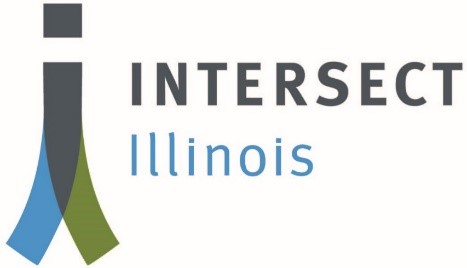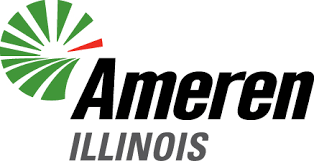OSHA Issues Emergency Vaccine Regulation Affecting Large Employers
On Nov. 4, 2021, the Occupational Safety and Health Administration (OSHA) issued an Emergency Temporary Standard (ETS) requiring employees of large employers either to get vaccinated or to test negative on a weekly basis. The ETS also requires large employers to provide employees with paid leave to get vaccinated and requires all unvaccinated employees to wear a mask at work.
Where can employers find a copy of the ETS?
A copy of OSHA’s ETS can be found here. The version published in the Federal Register will be available by Nov. 5, 2021.
When must employees be fully vaccinated, or when must weekly testing start?
The ETS requires that workers be fully vaccinated no later than Jan. 4, 2022. Employers’ obligations to provide paid time off begins Dec. 4, 2021.
How does the ETS affect facilities regulated by the Centers for Medicare & Medicaid Services (CMS) and federal contractors/subcontractors?
The ETS clarifies that it does not apply to workplaces covered by either the CMS rule or the federal contractor vaccination requirement, but there may be overlap in some locations or for some workers. Furthermore, the White House separately announced in a fact sheet that it is pushing the earliest mandatory vaccination deadlines for federal contractors and subcontractors covered by Executive Order 14042 from Dec. 8, 2021, to Jan. 4, 2022, consistent with timing for large employers under the ETS. McGuireWoods will publish additional information specifically related to CMS facilities.
Does the ETS apply to remote workers or those who work outdoors?
No. The ETS does not apply to: (1) employees who do not report to a workplace where other individuals (such as coworkers or customers) are present; (2) employees who work from home; or (3) employees who work exclusively outdoors.
How does the ETS interact with state laws restricting or prohibiting vaccine mandates in the workplace?
The ETS states that it preempts any inconsistent state or local laws, including laws that ban or limit an employer’s authority to require vaccination, masks or testing. Currently, 19 states have sued the federal government in response to the federal contractor vaccination mandate, and it is expected that states, companies and business groups will likewise challenge the ETS.
Who will pay for the cost of administering the COVID-19 test or the vaccine?
Under the CARES Act, COVID-19 testing that is “medically appropriate for the individual as determined by the individual’s attending health care provider” is available at no cost for the uninsured or for those covered by a group health insurance plan. Employers raised concerns that other “blanket testing” may not be covered by this rule. The ETS expressly states that it does not require employers to provide or pay for tests, but notes that employers may be required to pay for testing in accordance with other laws or pursuant to collective bargaining agreements.
What paid time off must employers provide?
According to the ETS, employers must provide a reasonable amount of time to each employee for each of their primary vaccination doses, must pay the employee for up to four hours of such time and must also provide reasonable time and paid sick leave to recover from side effects experienced following each dose.
Will employees still need to make accommodations for individuals with disabilities and religious objections?
Yes. The ETS allows accommodations for individuals with a disability or religious belief that prohibits them from being vaccinated. It also allows exceptions where a vaccine is medically contraindicated or where a medical necessity requires a delay in vaccination. Accordingly, employers should continue to comply with the Equal Employment Opportunity Commission’s accommodation requirements. As employers undertake the individualized interactive process with each employee who seeks an exemption from either the vaccination or testing requirement, the new federal requirements will help inform whether an accommodation constitutes an undue hardship.






